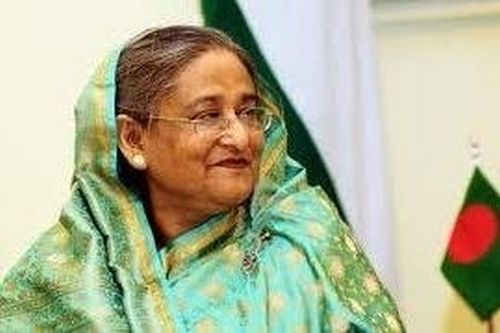Washington: Black carbon deposits due to human activities are accelerating glaciers and snow melt in the fragile Himalayan ranges and are changing temperatures and precipitation patterns, the World Bank said in a major study published on Thursday.
Recent evidence suggests that in addition to changing temperatures and precipitation patterns, anthropogenic black carbon (BC) deposits soot are further accelerating glacier and snow melt in these mountain ranges.
It is generated by human activity both inside and outside South Asia. It is part of a larger basket of aerosols that impact climate change directly and indirectly, according to Hartwig Schafer, vice president, South Asia Region, the World Bank.
The study Glaciers of the Himalayas provides new evidence on the extent to which black carbon reduction policies by South Asian countries have an impact on glacier formation and melt in the Himalaya, Karakoram, and Hindu Kush mountain ranges within the context of the changing global climate.
It also examines the extent of water resources and the potential impact of this loss of glaciation on downstream river basins. The study running into nearly 140 pages presents scenarios through to 2040 to align with a reasonable policy-making time horizon, Schafer said.
Recent devastating flash floods attributed to a collapsing glacier in the Himalayas were a sobering reminder of the sometimes-disastrous effects of climate change and the dangers we have to protect against, said Schafer.
As glaciers shrink, the lives and livelihoods of many people downstream are affected by changes in the water supply. We can slow glacier melt by collectively acting to curb the black carbon deposits that are speeding the thinning of the ice. Regional cooperation to protect these resources will pay important dividends for the health and well-being of the people in the region, he said.
In the report, the World Bank says that business-as-usual practices would further speed glacier melt, with harmful implications for the health and well-being of people in the region.
Countries in South Asia must work together to manage hydropower resources, an important source for the region’s clean energy needs and a generator of energy trade and security. Unstable water flow from glacier melt and more variable precipitation underscore the need to stabilise availability over the longer term to make hydropower more viable, it said.
Fully addressing the challenges associated with the melting glaciers of the Himalayas is a transboundary task that goes beyond the scope of a single country’s policymakers. Regional cooperation will be necessary to create joint adaptation strategies. A first step could be sharing information about the evolving state of glaciers and risks associated with it.
Water resource management policies must evolve because the trends we are observing point to a different and more challenging future, said Muthukumara Mani, lead economist in the World Bank’s South Asia region and a lead author of the report.
Success will require an active and agile cooperation between researchers and policymakers so both groups can continue to learn about the problems at hand, Mani said.






